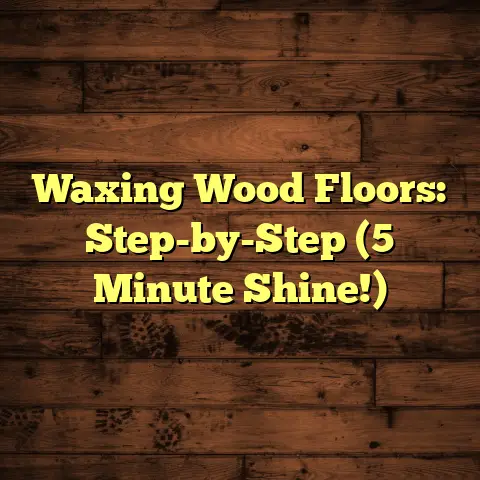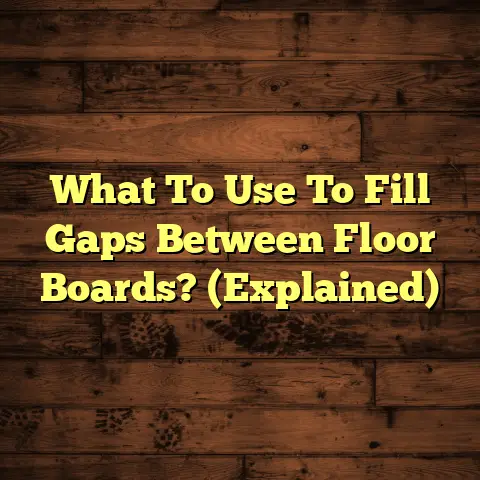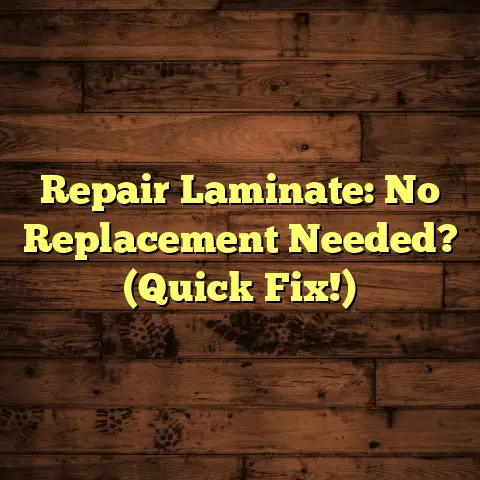Epoxy Flooring Cost Per Square Foot In Chennai (Explained)
Epoxy Flooring Cost Per Square Foot In Chennai (Explained)
Epoxy flooring is a popular choice for both residential and commercial spaces due to its durability, aesthetic appeal, and low maintenance requirements. When considering epoxy flooring in Chennai, understanding the cost per square foot is crucial for budgeting your project effectively. This article delves into the various factors influencing the cost of epoxy flooring, providing a detailed breakdown of potential expenses and considerations.
Major Cost Factors Impacting Epoxy Flooring Installation
1. Area Size
The total area to be covered significantly affects the overall cost. Larger areas typically benefit from economies of scale, reducing the cost per square foot. Conversely, smaller areas may incur higher per-square-foot costs due to minimum charges set by contractors.
2. Type of Epoxy
There are several types of epoxy systems, including:
- Self-leveling: Ideal for uneven surfaces; generally more expensive.
- Epoxy mortar: Used for heavy-duty environments; higher cost due to material quality.
- Gravelled epoxy: A decorative option, usually at a premium price.
Cost Range:
- Basic epoxy: ₹50 – ₹75 per sq. ft.
- Self-leveling epoxy: ₹80 – ₹120 per sq. ft.
- Gravelled epoxy: ₹100 – ₹150 per sq. ft.
3. Labor Costs
Labor costs can vary based on the complexity of the installation and the contractor’s experience. In Chennai, skilled labor for epoxy flooring typically ranges from ₹30 to ₹60 per square foot, depending on the complexity of the job and the reputation of the contractor.
4. Surface Preparation
Preparing the surface is crucial for the longevity of epoxy flooring. Costs here can vary based on:
- Existing floor removal: If you need to remove old flooring (like tiles or vinyl), expect additional charges ranging from ₹10 to ₹30 per sq. ft.
- Subfloor repairs: Damages may require repairs or replacements, further increasing costs.
5. Material Grade
Higher quality epoxies, such as those with added UV protection or enhanced durability, will increase material costs but may provide better long-term value.
6. Room Size/Layout
The layout of the space can affect installation time and complexity. Irregularly shaped rooms or those with many corners may cause an increase in labor costs.
7. Installation Type
Professional installation is recommended for most epoxy flooring projects due to the technical nature of the material and application process. DIY installations are possible but require specific skills and tools.
Detailed Cost Breakdown
Cost Estimates Based on Project Size
| Area Size (sq. ft.) | Estimated Cost (₹) |
|---|---|
| 100 | 8,000 – 15,000 |
| 500 | 40,000 – 75,000 |
| 1,000 | 80,000 – 150,000 |
| 2,000 | 150,000 – 300,000 |
These estimates include both materials and labor but may vary based on specific project conditions and selections.
Comparing Epoxy Flooring with Alternatives
When considering flooring options, it’s essential to compare costs:
1. Laminate Flooring
- Cost: ₹30 – ₹60 per sq. ft.
- Pros: Easy installation, variety of styles.
- Cons: Less durable than epoxy, susceptible to moisture damage.
2. Vinyl Flooring
- Cost: ₹40 – ₹80 per sq. ft.
- Pros: Water-resistant, easy maintenance.
- Cons: Can be less aesthetically pleasing compared to epoxy.
3. Carpet
- Cost: ₹20 – ₹50 per sq. ft.
- Pros: Comfortable underfoot, sound absorption.
- Cons: Difficult maintenance, prone to stains.
Signs Your Epoxy Floor Needs Replacement
- Peeling or Bubbling: Indicates poor adhesion or moisture issues.
- Cracks: Structural issues may require replacement rather than repair.
- Discoloration: UV damage can affect appearance over time.
- Severe Wear: Excessive wear that cannot be addressed through refinishing.
Pros and Cons of Epoxy Flooring
Pros
- Durability: Resistant to chipping, cracking, and stains.
- Aesthetic Variety: Available in numerous colours and finishes.
- Low Maintenance: Easy cleaning and maintenance requirements.
Cons
- Installation Complexity: Requires professional installation for best results.
- Temperature Sensitivity: Application requires specific temperature ranges.
- Potential Slipperiness: May require anti-slip additives for safety.
Professional Installation vs DIY
Professional Installation
- Cost: Includes skilled labor and expertise.
- Benefits: Ensures proper application and longevity.
DIY
- Cost Savings: Potentially lower costs but requires tools and skills.
- Risks: Improper installation can lead to costly mistakes.
Tools Required for DIY
- Roller and tray
- Trowel
- Mixer for epoxy
- Safety gear (gloves, masks)
Questions to Ask Epoxy Flooring Contractors
- What is your experience with epoxy flooring installations?
- Can you provide references or examples of past work?
- What type of epoxy do you recommend for my project?
- How do you handle surface preparation?
- What is your estimated timeline for completion?
- Do you offer any warranties on your work?
Care and Maintenance Tips for Epoxy Floors
- Regular Cleaning: Use a damp mop with a pH-neutral cleaner.
- Avoid Harsh Chemicals: Strong cleaners can damage the finish.
- Promptly Clean Spills: Prevent staining by cleaning up spills immediately.
- Use Mats at Entrances: Reduce dirt accumulation by placing mats at entry points.
Conclusion
Understanding the cost of epoxy flooring installation in Chennai involves considering various factors such as material type, area size, and labor costs. By evaluating these components and comparing epoxy with alternative flooring options, you can make an informed decision that best suits your needs and budget. Whether opting for professional installation or considering a DIY approach, thorough research and planning will ensure a successful flooring project that enhances your space’s functionality and aesthetic appeal.





